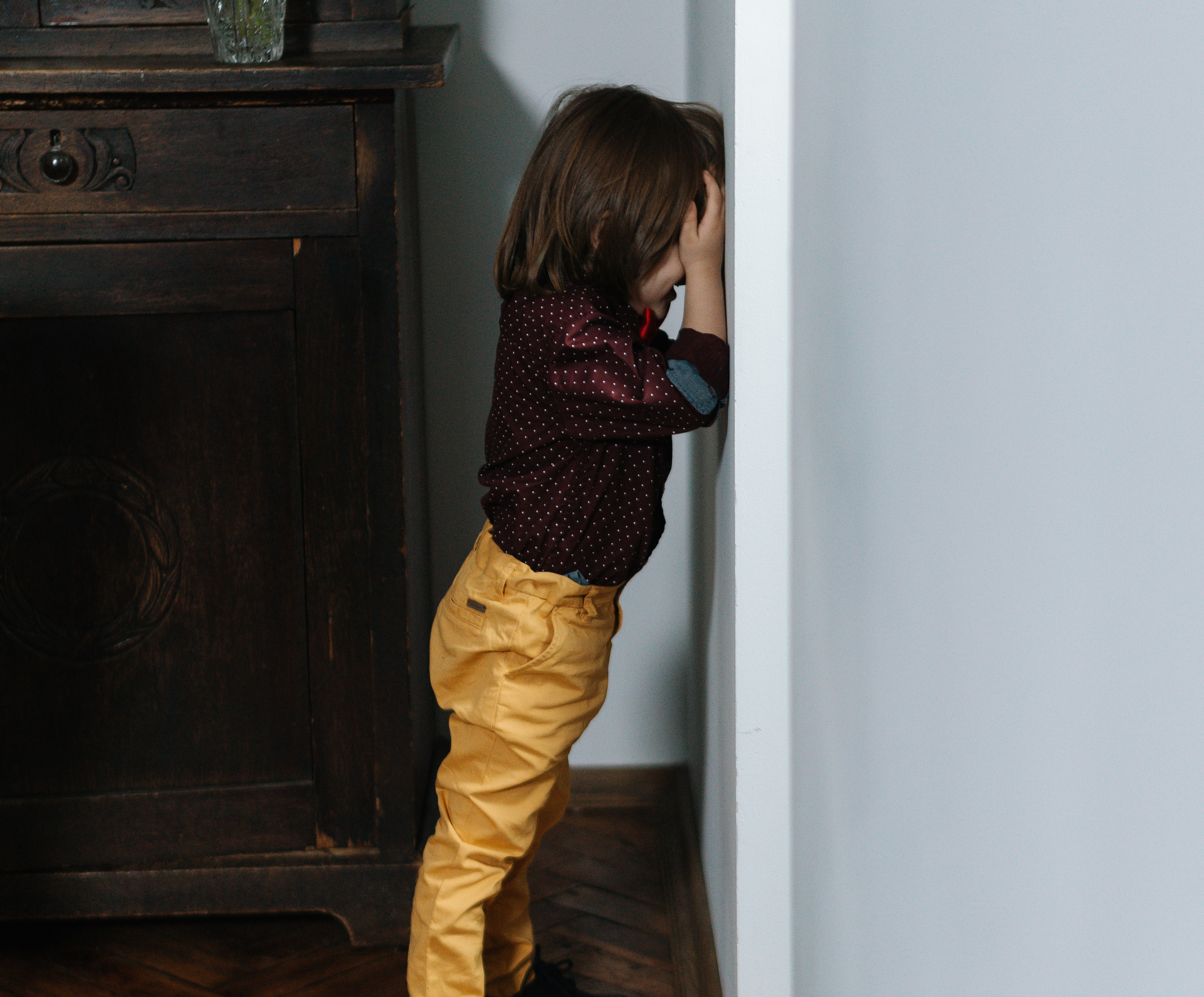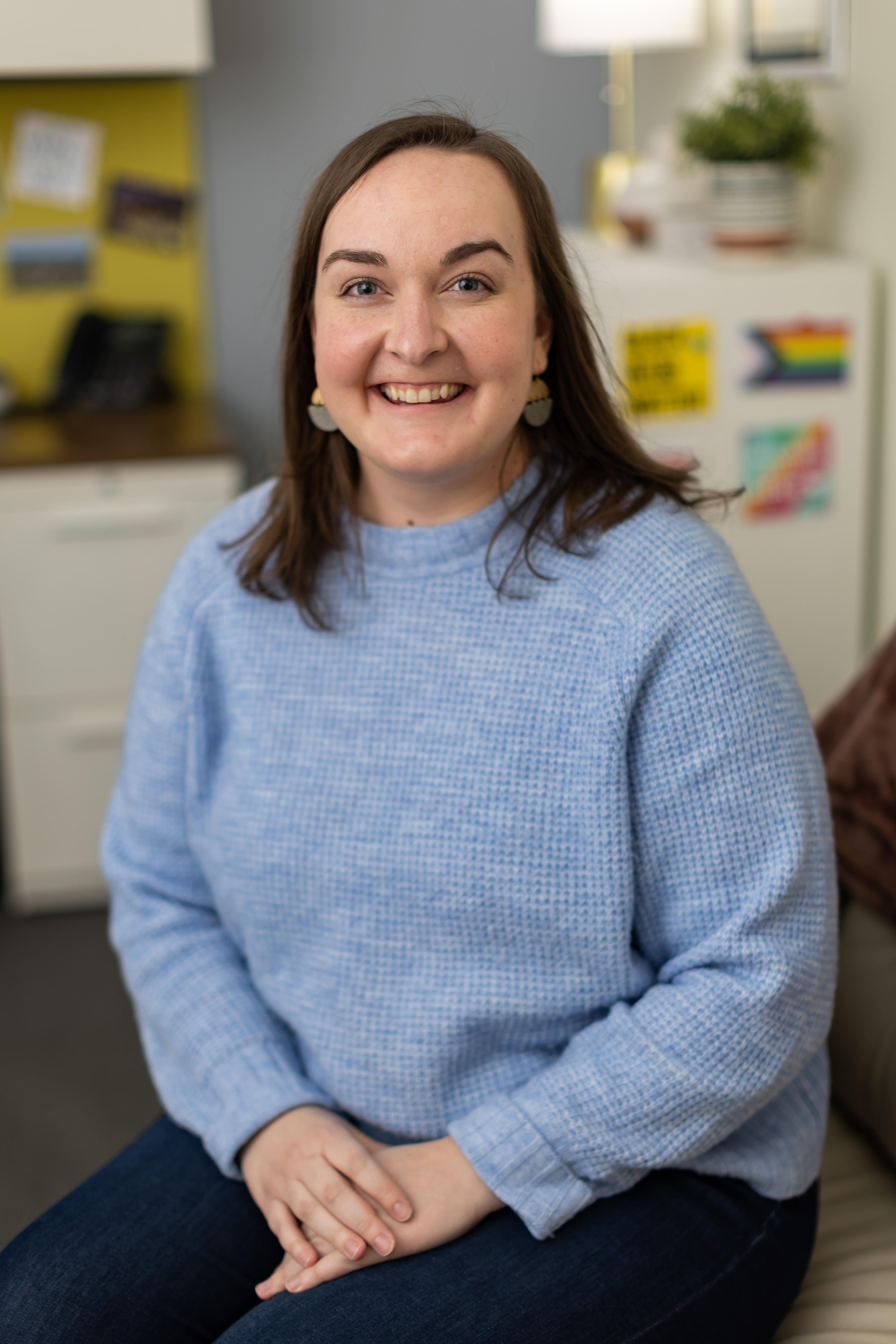SPACE therapy model is designed to help parents by training children to manage anxious emotions on their own

Unlike most treatments for childhood anxiety, SPACE focuses entirely on assisting parents
By Becca Hotchkiss • JFCS Therapist
Earlier this year, I received a grant from the Network of Jewish Human Service Agencies to be trained in SPACE, along with my fellow JFCS Therapist Natalie Quiring-Oleson. While it sounds like we were preparing for a mission to Mars, what we were actually learning was a new way of treating childhood anxiety.

SPACE, which stands for “Supportive Parenting for Anxious Childhood Emotions,” is a paradigm-shifting therapy model developed by Dr. Eli Leibowitz from the Yale Child Study Center. Unlike most other treatments for childhood anxiety, SPACE focuses entirely on assisting parents. In fact, apart from the initial assessment, all sessions take place with parents. The goal of SPACE treatment is to assist parents in decreasing the accommodations they make for their child’s anxiety and increasing their child’s ability to manage their anxious emotions on their own.
For example, say your child struggles with anxiety at bedtime; every night your child refuses to go to sleep alone. You try and try to help your child learn to sleep in their own room, but over time, you start sleeping on the floor of their bedroom just to survive. This is an example of an accommodation, and it fuels a cycle of continued dependence of parents for regulation. While there is a short-term reduction in the child’s distress, it reinforces the message that the only way they can go to sleep is if a parent is present – and that their feelings are too big to handle by themselves. The goal of SPACE would be to eliminate the accommodation while offering support to the child so they can learn a new way – that they can handle the distressing feelings around going to bed and discover they are capable of going to sleep by themselves.
SPACE is an evidence-based treatment that has been found to be as effective as cognitive-behavioral therapy at addressing childhood anxiety. The treatment is designed to be short-term, with a typical course of treatment being only 12 sessions long. By working with parents, it addresses the whole family nature of a child’s anxiety and frees up scheduling from being tied to a child’s school schedule. A therapist guides your family through gaining insight into your child’s anxiety, increasing support, developing a target of intervention, making a plan, and implementing it. As you navigate the bumps along the road of implementation, your therapist is there to offer support and problem-solving.
JFCS is excited to offer this new method of helping children navigate anxiety disorders and supporting families throughout the life stages. If you are interested in learning how SPACE might help your family, please reach out to the JFCS Counseling department or call our Intake team at 952-546-0616.
Newsletter Sign-Up
Sign up to read more articles like this and stay up-to-date!
